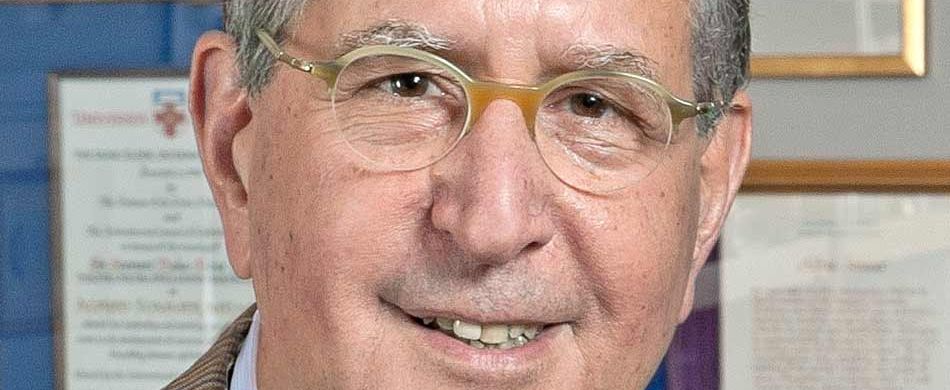DEAR Friend,
Last week, I came across an article about Dr. Alfred Sommer, an American physician and researcher dedicated to improving the lives of children in impoverished communities. Until now I had never heard of him, but his work left a lasting impression. In the late 1970s, while working in Indonesia, Dr. Sommer made a groundbreaking discovery that changed the course of public health.
Dr. Sommer found that children with a deficiency in vitamin A were not only at risk of blindness, but also faced higher mortality from illnesses like measles and respiratory infections. Realizing the impact of this discovery, he conducted studies revealing that even a small dose of vitamin A could protect children’s eyesight and drastically improve their survival rates. His research revolutionized global public health policies, leading to widespread vitamin A distribution of in developing countries. This breakthrough became a defining moment in his career, saving millions of lives, preventing blindness and reducing childhood mortality, earning him international recognition.
Dr. Sommer’s discovery aligns deeply with the spirit of World Day of the Sick, established by Saint Pope John Paul II in 1992 to honor the Blessed Virgin of Lourdes on February 11. This day is a reminder of the Church’s mission – not only for its leaders, but for all Catholics – to bring compassion, support, and healing to those who suffer, particularly the poor and vulnerable. Dr. Sommer’s work reflects this mission, but it also raises an important question: how can we, even without specialized expertise, help alleviate the suffering of others?
Pope Francis offers an answer, reminding us that “a little bit of mercy makes the world less cold and more just.” Small acts of compassion, he emphasizes, can make a profound difference. Often, the best way to start is with simple gestures: listening attentively, showing kindness, and reaching out with genuine concern. While we may not all be doctors or researchers like Dr. Sommer, each of us has something meaningful to offer. As the Pope has reminded us many times, “Let us not forget that real power is service.” Service doesn’t have to be grand – it can be as simple as checking in on an unwell neighbor, volunteering at a hospital, or supporting healthcare organizations. By putting ourselves in the shoes of others, particularly those who are struggling, we become more compassionate and aware of surrounding needs.
Pope Francis also encourages us to see every person as part of our family, saying, “We are all brothers and sisters, and if we do not love our brothers and sisters, we cannot say that we love God.” This perspective challenges us to move beyond seeing sickness or poverty as “someone else’s problem.” It invites us to see these challenges as opportunities to express our shared humanity.
Whether through donations, volunteering, or raising awareness, each of us can create a ripple effect of kindness. By asking what we can do and taking action, no matter how small, we contribute to a world where, as Pope Francis puts it, “hope is given to the poor and the sick.” In doing so, we bring warmth, love and compassion where it is needed most.
In closing, I’d like to share a thought from St. Teresa of Calcutta, who devoted her life to serving the sick and the poor. She once said, “The greatest disease in the West today is not TB or leprosy; it is being unwanted, unloved, and uncared for. We can cure physical diseases with medicine, but the only cure for loneliness, despair, and hopelessness is love.” Her words remind us that, while we may not be able to heal physical pain or illness, we can always offer compassion, presence and love to those who suffer. In doing so, each of us plays a vital role in bringing dignity, warmth and hope to those most in need.




